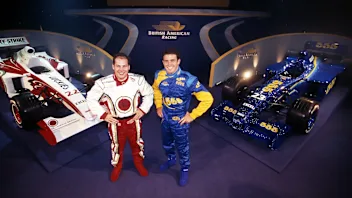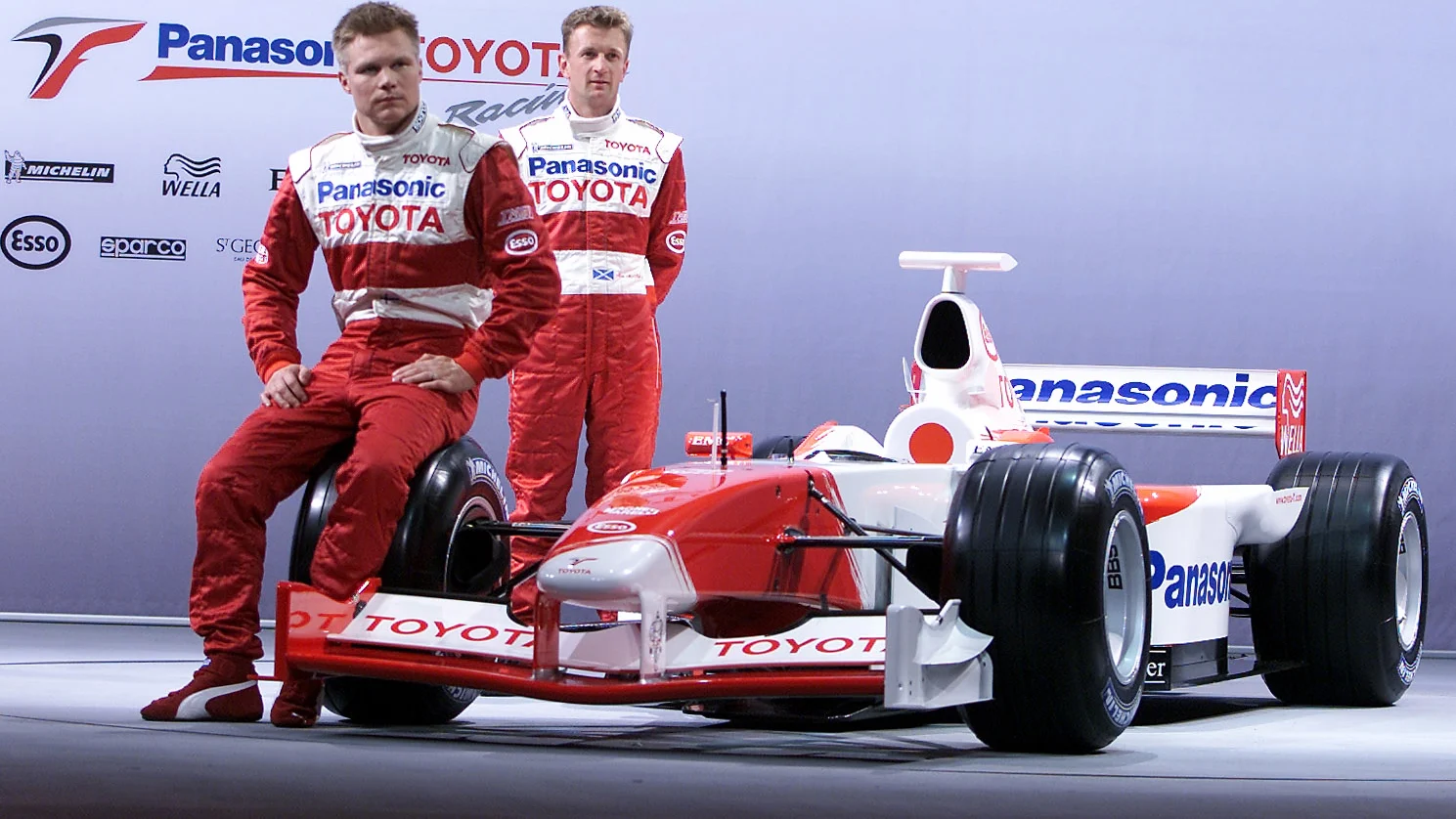A Look Back at New F1 Teams’ Driver Line-Up Strategies
A Look Back at New F1 Teams’ Driver Line-Up Strategies
New Formula 1 teams have often faced a critical decision when assembling their debut driver lineups: opt for experienced campaigners or take a chance on fresh talent. As Cadillac prepares to enter the sport in 2026 with the veteran duo of Valtteri Bottas and Sergio Perez, we revisit how other teams have approached this challenge in the past.

Stewart Grand Prix (1997)
Founded by Sir Jackie Stewart, the team paired Rubens Barrichello (four years of F1 experience) with rookie Jan Magnussen. Despite the SF01's unreliability, Barrichello claimed a stunning second place at Monaco—the team’s only points that year.
BAR (1999)
The team signed 1997 World Champion Jacques Villeneuve and Ricardo Zonta, a rookie. High expectations were dashed by reliability woes, with Villeneuve retiring from the first 11 races.

Toyota (2002)
Mika Salo, a podium finisher, and sportscar ace Allan McNish were chosen, but the TF102 car struggled. Salo scored the team’s only two points.
Super Aguri (2006)
The Honda satellite team fielded Takuma Sato and Yuji Ide, the latter replaced mid-season due to lack of pace. Sato managed a top-10 finish in Brazil.
Lotus Racing (2010)
Jarno Trulli and Heikki Kovalainen, both race winners, led the team, but the T127 car was uncompetitive.

Haas F1 Team (2016)
Romain Grosjean, a multiple podium finisher, and Esteban Gutierrez formed the lineup. Grosjean scored all of Haas’ points, including a fifth-place finish.
These examples illustrate the diverse strategies new teams have employed—some successful, others less so—as they navigate the treacherous waters of Formula 1.